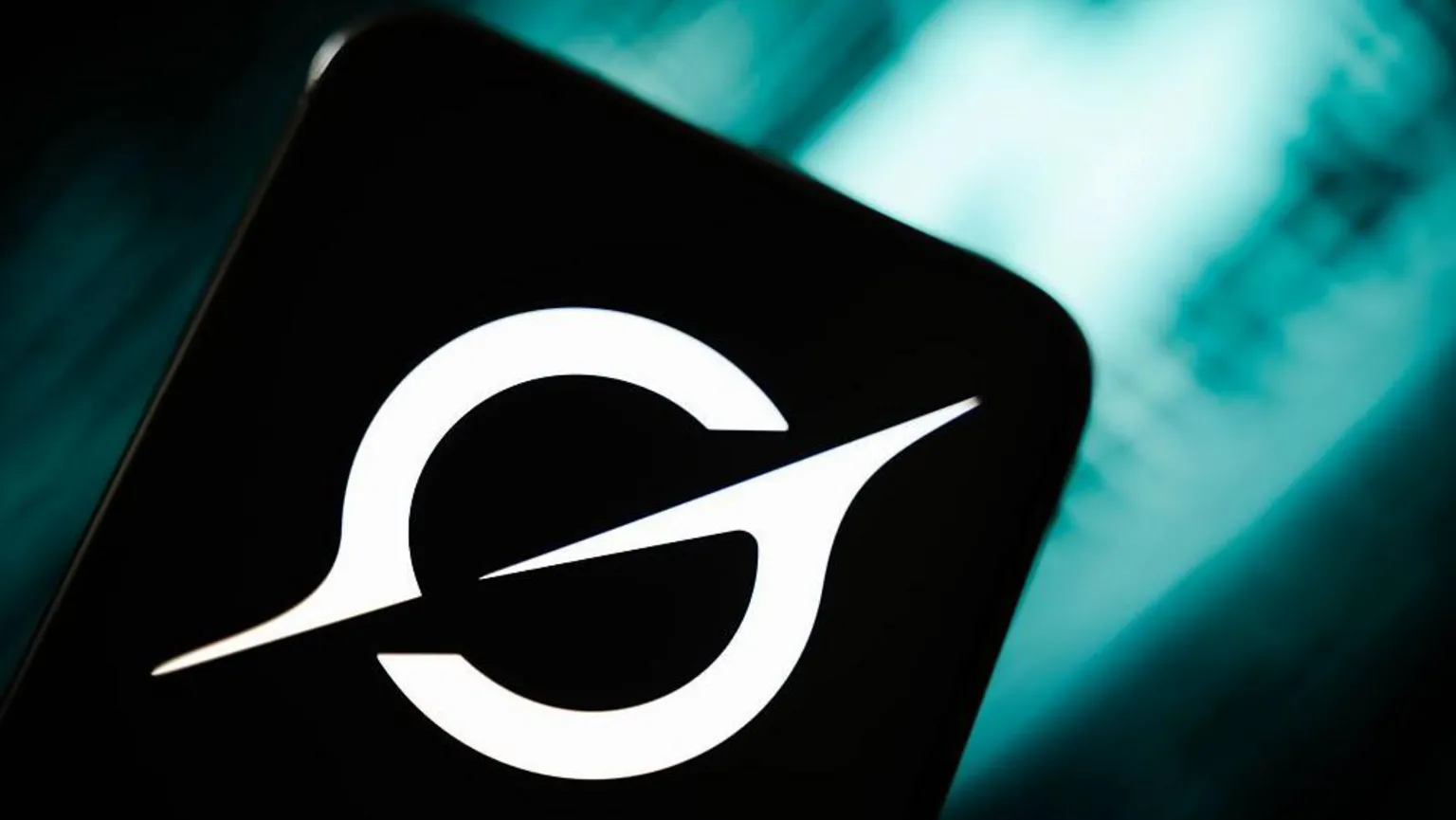Following the announcement that Google has withdrawn Black History Month and Pride Month from its calendar, there was widespread backlash on the company’s ability to maintain efforts to recognise and honour individuals who are marginalised. The decision has generated controversy. This error was eventually dismissed, but it highlights the institutionalised role of cisgender male tech executives in perpetuating social injustices during Donald Trump’s presidency.
The Trump administration’s strategy has led to a mirroring of the reactionary policies it has adopted in corporate America, particularly within the tech industry, which would otherwise reverse DEI (Diversity, Equity and Inclusion) initiatives and erase cultural commemorations. By setting back DEI initiatives and silencing marginalised histories and voices, cis tech leadership reinforces systemic injustices and creates new perspectives on the ethical, economic, and social consequences of such actions.
Cis male leadership in tech companies
Even today, the technology industry remains highly uniform. A report by the Tech Equity Collective 2023 revealed that white men with varying political beliefs hold a significant amount of power over policy in corporate America, accounting for 72 percent of executive positions in Fortune 500 technology companies. A culture of uniformity leads to hiring and product design choices being made only based on the comfort level and biases of the majority, often at no cost to minorities.

The “bro culture” in Silicon Valley has led male executives to view DEI (Diversity, Equity and Inclusion) as bureaucratic experimentation rather than pursuing ethical objectives. The focus on user numbers over inclusion has been criticised by Mark Zuckerberg at Meta, who also suggested that social advocacy distracts from Google’s mission of connecting the world.
DEI commitments have been retracted by numerous corporations in the past, but the Chan Zuckerberg Initiative (CZI) is now an example of how this has worked. Despite promising to invest $500 million in racial justice efforts in 2022, it had already used the funds to disband its DEI team and cut off funding for immigration reform by 2024.
Marc Malandro, the CEO, mentioned that affirmative action was being threatened by policies during Trump’s presidency due to evolving legal risks. Critics argue that CZI’s focus on AI and biology, with white and Asian men holding more power, reflects Mark Zuckerberg’s inability to connect with intersectional advocacy. This is one of several examples.
The decimation of DEI programs by cis male in tech
People from marginalised communities are not empowered in many ways, despite the claim that DEI training can bring about change. The Trump administration’s 2025 executive order, which prohibits “divisive concepts,” has caused these corporations to withdraw initiatives in companies like Google, Deloitte, and Walmart due to concerns about political repercussions.
KPMG’s withdrawal of its DEI transparency reports in 2023 is an instance of this surrender. These were created to oversee advancements in hiring women and minorities until Trump criticised them as discriminatory. However, Amazon repurposed the money from its Black Employee Network in 2024 for leadership training that is “neutral.” This has coincided with a surge of lawsuits from conservative groups. The America First Legal Foundation, which was founded by Trump supporters, has been taking legal action against 15 businesses for “reverse discrimination” since 2022.
The myth of meritocracy
The rationale for DEI budget cuts is often cited as a meritocracy by tech leaders. Elon Musk shrewdly declares in his 2023 tweet that DEI is nothing more than a discriminatory term, while the notion of inclusivity undermining “quality” persists. However, based on upcoming research by the Harvard Business Review, this view is not accurate and has been proven false with 19 percent higher innovation revenue for diverse teams. The status quo is upheld by the leaders of certain states who adhere to their meritocratic narratives.
The consequences of DEI’s failure have been pronounced. Intel’s decision to reduce its DEI budget by $300 million in 2023 resulted in a 14 percent decline in patent filing activity, which was attributed partly to the shift towards homogenous teams by most analysts. On the other hand, companies that sustained their DEI programs, such as Adobe, experienced a 23 percent reduction in employee turnover. DEI’s economic justification is spot on, but political prudence often overshadows its effectiveness.
Silencing voices and histories of marginalised
The workplace is still being shaped by tech companies, just like any other aspect of culture. As Pride Month is consistently erased from the digital world, the cisgender leadership conceals collective memory and creates an undisclosed network of other users.

An act of social insensitivity was provoked by Google’s decision to abandon cultural observance in favour of “sustainability challenges.” In addition to the company’s apprehension about encouraging content that distorts opinions, internal documents reveal sustainability issues. Trump has directed federal agencies to cease citing “un-American” history, which also necessitates tech firms to do the same.
To divert people towards “neutrality,” tech leaders prefer to hide behind this shield. Like Twitter, X in the 2023 disbandment also saw CEO Linda Yaccarino say: “We are a platform not involving itself. We’re just standing there with us.” But such stances allow for continued harm and no one can deny it. The upgrade of its algorithm by Facebook in 2022 resulted in a 37 percent decrease in the visibility of posts about systemic racism, which interfered with efforts to address #BlackLives Matter. It mirrored Trump’s disapproval of “identity politics,” which led to the definition of collective amnesia.
Global impacts
The United States’ technology policies are making waves around the world. Google ceased its resources on caste-based discrimination in India by 2023, following pressure from Hindu nationalist groups that are associated with Trump. The absence of significant equipment left Dalit activists behind. While Meta’s decision to not post Holocaust denial posts in Europe is a stark contrast to its selective filtering of posts on Palestine, it still maintains varying levels of “neutrality” that are driven by political considerations in the United States.
Broad implications: Trust, talent & legal hazards
DEI’s rollback and cultural acceptance have far-reaching consequences beyond corporate walls. According to 2024, 64 percent of people say that they avoid exclusionary brands. Due to the Google calendar dispute, a movement called #BoycottGoogle was initiated and led users to migrate to apps like Proton Calendar. While implementing the DEI rollback, KPMG suffered an 8 per cent decline in client retention costing it $200 million due to this shift.

DEI-reduced programs are being rejected by Gen Z employees who prioritise inclusivity. A Deloitte survey found that tech companies failed to provide job offers with strong ERGs, resulting in 52 percent of job seekers declining them. US companies will have to find innovative solutions to some of the most significant challenges, including AI discrimination, due to a depletion of diverse talent.
DEI rollbacks leave organisations susceptible to legal action. Meta was sued by the NAACP in 2024 for racial discrimination after its civil rights division disbanded. Companies that intentionally engage in hateful speech will face a penalty under the new Digital Services Act of the EU, which could result in penalties for U.S. companies. Male top managers are putting more emphasis on legality than thoughtful governance and seeking to avoid serious commercial and reputational issues.
Under Trump’s presidency, tech leaders who are “cis men” started to mix up compliance with collusion in injustice. Realising the extent of real, concrete pressures in law and politics gives leaders a choice: to preserve progressive values or frustrate inclusion. Microsoft and Salesforce’s decision to implement DIE when they faced resistance shows that it can be achieved.
Mechanisms such as independent audits on DEI and community support may be established to limit executive overreach. Also, Pinterest’s expansion of marginalised members in leadership has helped it achieve a new milestone with the appointment of its first Black board member in 2023. Additionally, with the rise of technology, which affects everything from democracy to education and culture, silence is not neutrality; it’s a form of endorsement.
About the author(s)
Faga Jaypal is a final year history student at Sri Venkateswara College, University of Delhi, with a keen interest in intellectual history, gender and sexuality studies, social justice, and cultural studies. Passionate about literature, books, and museums, he combines his love for storytelling with academic research. Aspiring to become a teacher like Mr. Keating, he seeks to explore history through diverse narratives.





